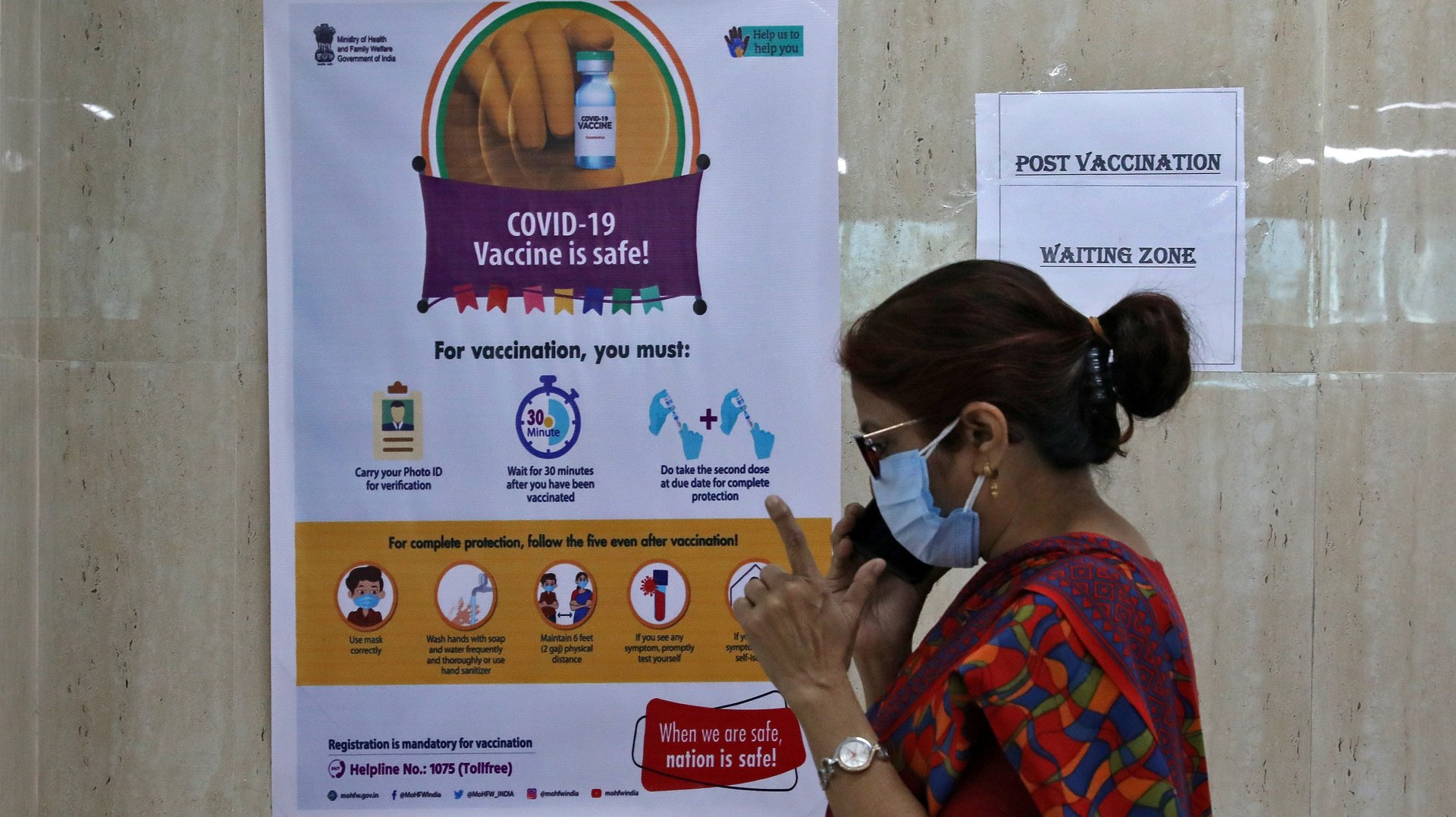Big Pharma wants to help poor countries fight Covid-19—but they’d better pay
Big pharma has been essential in the race to fight Covid-19. In exchange, their work to end Covid-19 has rewarded pharmaceutical companies rather handsomely.


Big pharma has been essential in the race to fight Covid-19. In exchange, their work to end Covid-19 has rewarded pharmaceutical companies rather handsomely.
The makers of Covid-19 vaccines are poised to profit both in the short and medium term, and will benefit from the renewed goodwill and brand value associated with their work on the pandemic.
To capitalize on the latter, makers such as AstraZeneca and Johnson & Johnson have said they will sell their vaccine at cost, while Moderna signaled it will not enforce the patent for the reproduction of its mRNA vaccine. Both policies could help countries—particularly poor ones—affordably produce the vaccine doses they need.
But big pharma’s generosity has quickly reached its limit. In its contribution to the so-called “Special 301” report, an annual review of global intellectual property produced by the Office of the US Trade Representative, the Pharmaceutical Research and Manufacturers of America (PhRMA) accused lower-income countries—including India and South Africa—for trying to persuade the World Trade Organization to eliminate certain patent requirements from a range of technologies to fight Covid-19.
Among the examples decried by the organization are Hungary, Colombia, and Indonesia, which have employed emergency regulations to allow the production of Covid-19 drugs without paying the patent fee, making them available to their population at low cost.
Citing the danger of “anti-IP global activism,” PhMRMA attacked international institution such as the World Health Organization and the United Nations Development Fund for working to guarantee access to medications to stop Covid-19, accusing them of supporting policies that prevent pharmaceutical companies from enforcing their patents and profiting from them.
Among the biggest concerns PhRMA expressed in its assessment is the fact that many governments, especially in Asia and Europe, have the right to impose control over drug prices and regulate approvals, and they do so. Unlike the US—the only wealthy country where the government isn’t the primary buyer of medicine—most other governments will try to keep the price of drugs low, and because of their strong purchasing power, often succeed, PhRMA complained in the report.
According to PhRMA, allowing poor countries to infringe patents to recreate drugs or medications to treat Covid-19 risks dissuading pharmaceutical innovators from investing in research and development for the next big health threat. That’s despite the fact that a significant share of research in Covid-19 vaccines was actually government-funded.